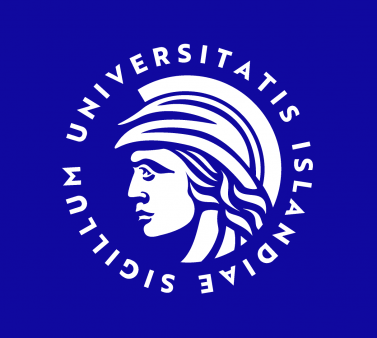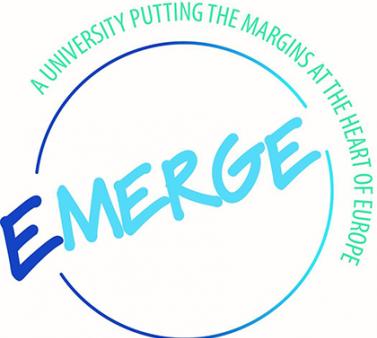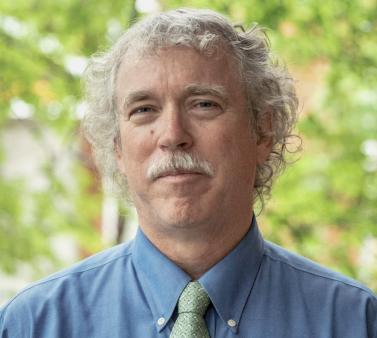Graduates of the new Master’s Degree EPRIC (Studies and Projects in Information and Communication) will be able to respond to contemporary issues of communication in the cultural and creative fields.
Objectives
The aim is to acquire the theoretical and practical knowledge for designing and implementing multimedia communication strategies. This degree more specifically concerns institutions in the cultural and creative sectors (culture, leisure, tourism, gastronomy, crafts, fashion, etc.) and takes into account contemporary socio-economic issues, such as:
-
Public participation
-
Links between art and communication
-
Sustainable development (ecological, solidarity, corporate social responsibility – CSR)
-
Issues calling for a review of traditional means of communication, including digital, artistic, democratic and participatory.
Skills
-
Implementation of project management methods in the field of communication
-
Analysis and implementation of participatory communication strategies
-
Conducting audience research studies (quantitative and qualitative), analysis of social practices, etc.
-
Use of different editorial formats: web, print
-
Knowledge of the socio-economic issues associated with the cultural and creative industries
-
Use of web tools.
Course Content
The degree is made up of a single pathway from Master 1 to Master 2.
Students can spend one or two semesters in ERASMUS partner institutions. The EPRIC degree has very close links with two other degrees: Public and Political Communication; Organizational Communication.
The Compulsory Core Teaching Units (UEFs) and Methodology Teaching Units (UEMs) of the three communication Master’s degrees are shared over the two years.
Students who have passed the Master 1 can go on to the Master 2.
In addition to the final exams and continuous assessments, the Master’s students are assessed on an individual dissertation in M1 and M2.
There is a four-month compulsory internship in the Master 2.




